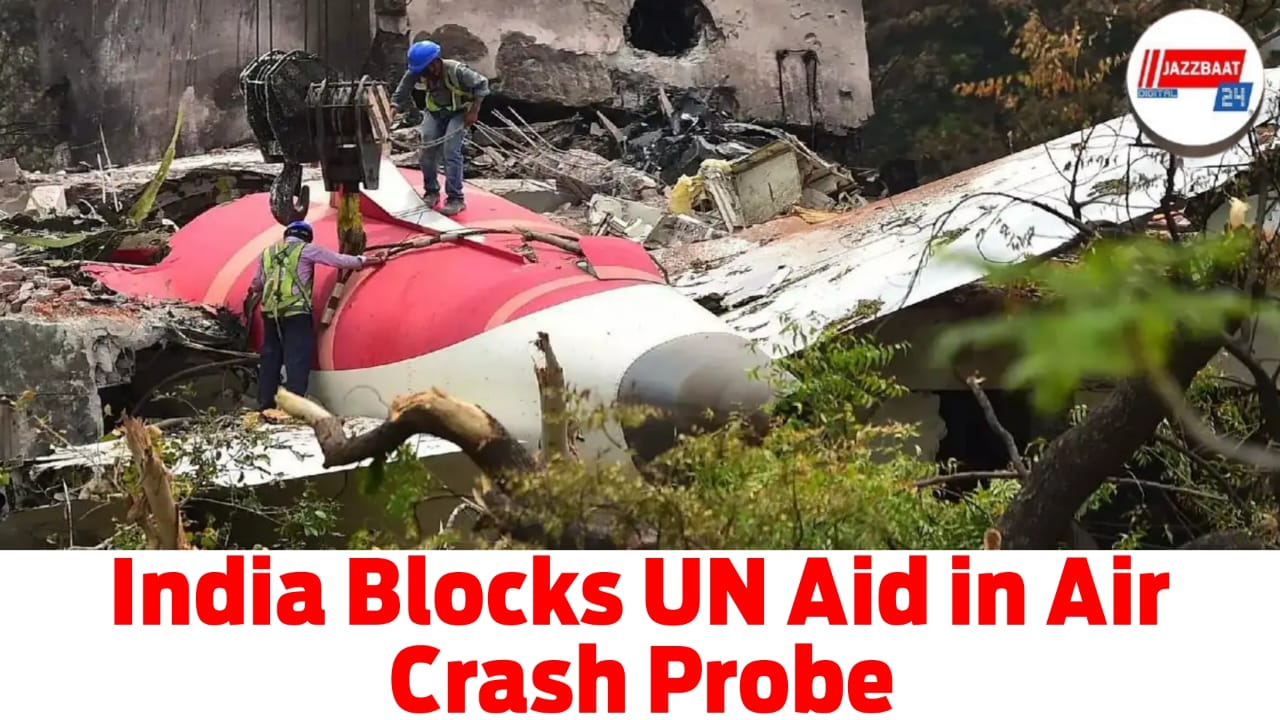
By Sulagna Halder
New Delhi, 27 June 2025:
According to media outlets, India has turned down the United Nations aviation agency's offer to send a UN investigator to Ahmedabad as part of the ongoing investigation into the Air India Boeing 787 Dreamliner crash that killed hundreds of people on June 12.
Earlier on in the Aircraft Accident Investigation Bureau's (AAIB) investigation, the United Nations aviation agency had offered support. However, in the face of growing confidence in local capabilities, Delhi decided to rely on bilateral and domestic cooperation, calling the UN offer "unnecessary." Concurrently, the AAIB has started extracting and analyzing data from the crash flight's flight data recorder (FDR) and cockpit voice recorder (CVR) at its recently opened black box laboratory in Delhi.
With government assistance, the lab opened in April and is prepared to handle damaged recorders from major incidents. According to reports, the Udaan Bhawan facility has already retrieved and downloaded the black box's memory module. Sources warned, though, that extensive fire damage could make analysis more difficult. If recorders are determined to be irreparably damaged, India may request outside technical assistance in accordance with international protocols. With assistance from specialists from the US National Transportation Safety Board and the UK Air Accidents Investigation Branch, the Ministry of Civil Aviation has guaranteed that the AAIB is fulfilling all of its responsibilities under ICAO Annex 13 . Within 30 days, a preliminary report is due, and within a year, a thorough final report.
Experts pointed out that this is the black box lab's first significant obstacle. AAIB will have to consider technical viability, safety, and national security when deciding whether to send damaged recorders overseas. Such investigations usually rely on a combination of local facilities and international collaboration when necessary, according to aviation analyst Aurobindo Handa, leaving plenty of room for foreign expertise at India's discretion. According to government statements, international entities have been extensively consulted, with Boeing engineers and regulatory experts already on site, despite the UN's refusal to provide assistance.
In accordance with international aviation safety standards, the AAIB keeps up its work with the goal of reaching prompt and open conclusions. The Directorate General of Civil Aviation is currently conducting additional safety inspections on Air India's Boeing 787 fleet. This strategy demonstrates a balancing act between respect for international standards and the independence of national investigations. Both the cause of the crash and the potential of India's new black box analysis infrastructure will be clarified by the outcome.